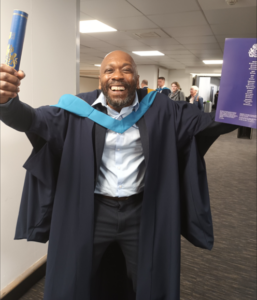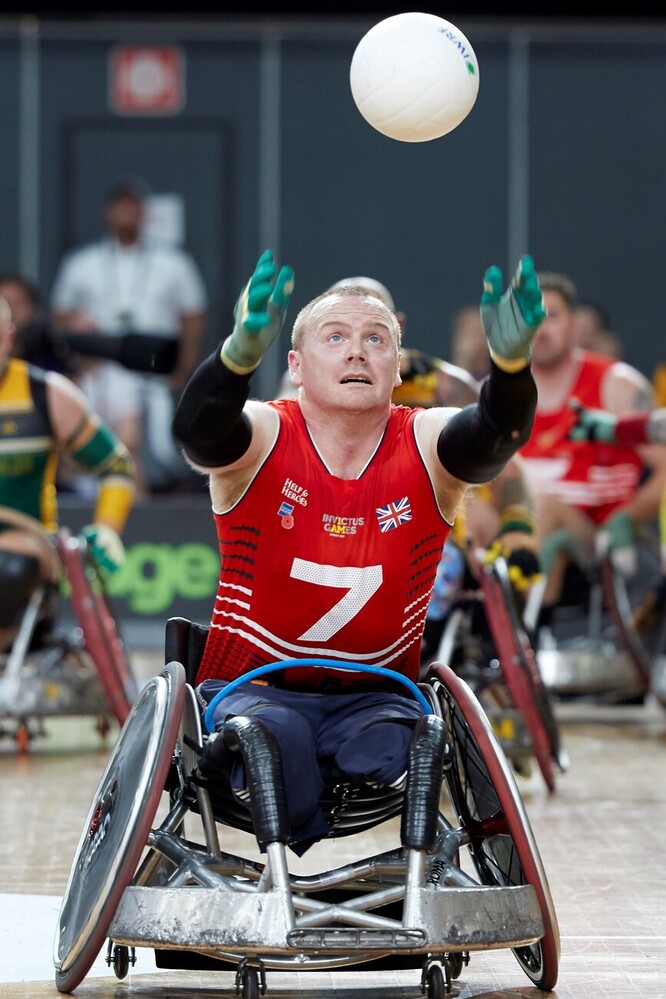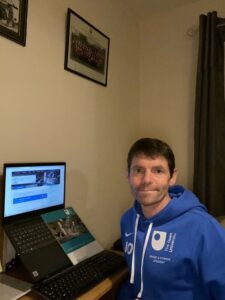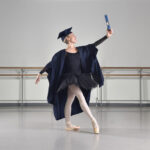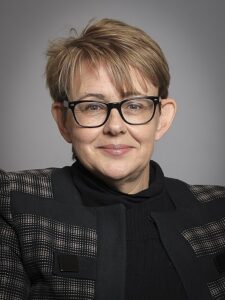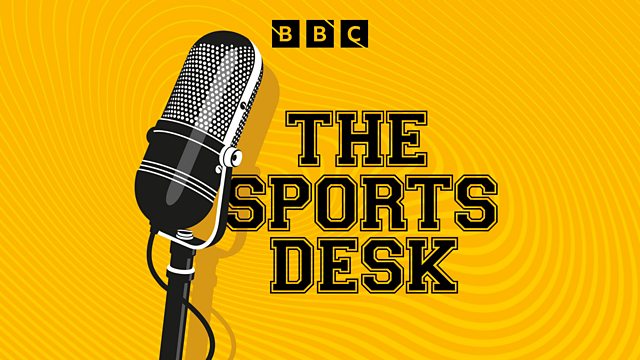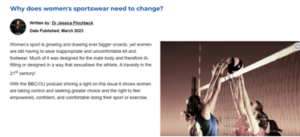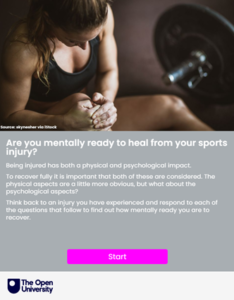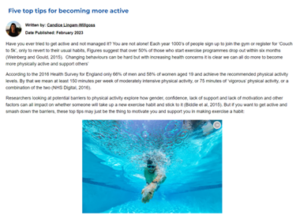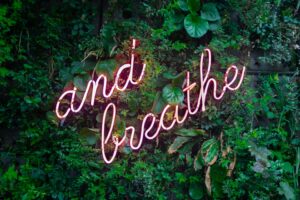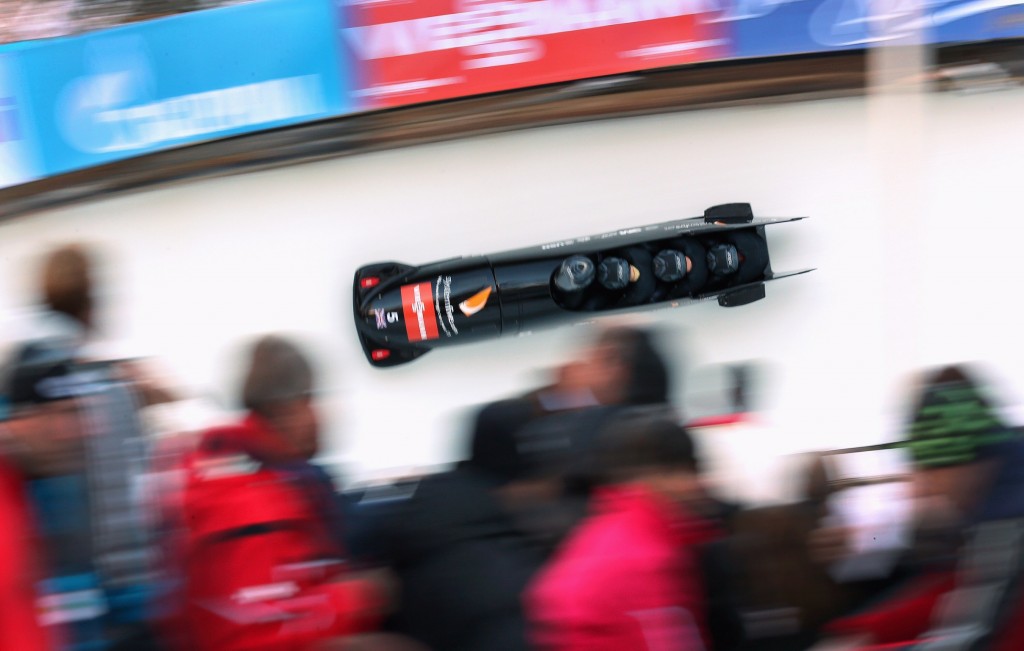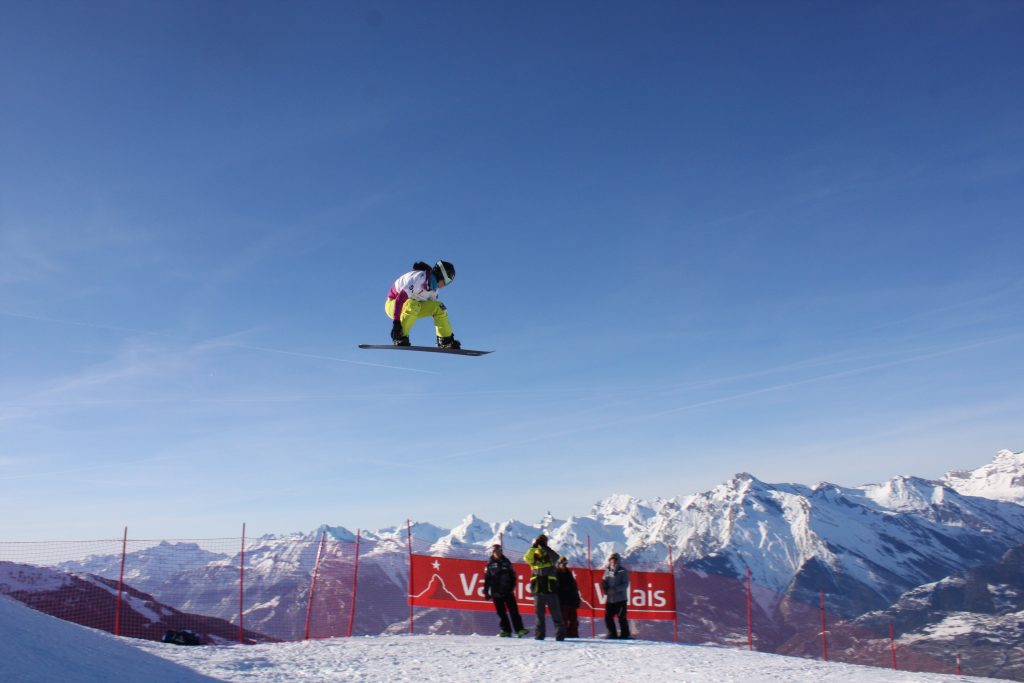‘I’m excited for the next chapter’ says cancer survivor and proud graduate Charlie.
Having played competitive sports for many years Charlie, 58, faced the biggest battle of his life to overcome a critical illness during his Open University (OU) Sport, Fitness and Coaching degree. Charlie describes how digging deep and making the most of the OU’s support, gave him the strength to cross the finish line He’s now looking forward to an exciting career as a sports teacher. From a young age, sport was a lifeline for Charlie and something he was always good at.
“School was a challenging time for me. I found the academic side difficult, but I was lucky enough to have a fantastic sports teacher who noticed my potential,” Charlie remembers. “He encouraged me to join all the school sports teams and helped me write about my experiences, which really helped me with other subjects.”
Taking coaching to the next level
While working as a physical training instructor for the Metropolitan Police Service, Charlie was approaching a milestone birthday and wanted to do something special to mark it.
“I’d been coaching football in the community for years, it’s a real passion of mine,” Charlie says. “So I decided to take a couple of months off work and coach football in America.
After receiving amazing feedback on his coaching ability and style, Charlie found the confidence to embark on the OU’s Sport, Fitness and Coaching degree.
“I was a bit daunted at first, but I was ready to give it my all. I was also setting up my own community soccer school at the time, so everything was falling into place.”
Devastating news
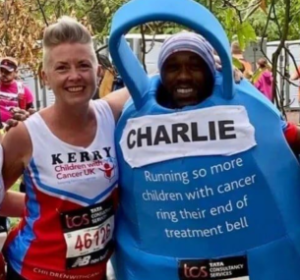 Since returning from America, Charlie had been struggling with hip pain. After consulting his doctor he was told he needed a hip replacement, which led to a devastating discovery.“ I went for my pre-op checks and then several tests and scans later, the doctors discovered tumours on my lungs,” Charlie explains. “To cut a long story short, I had a rare form of cancer, which needed extremely aggressive treatment. It was a horrible time.”
Since returning from America, Charlie had been struggling with hip pain. After consulting his doctor he was told he needed a hip replacement, which led to a devastating discovery.“ I went for my pre-op checks and then several tests and scans later, the doctors discovered tumours on my lungs,” Charlie explains. “To cut a long story short, I had a rare form of cancer, which needed extremely aggressive treatment. It was a horrible time.”
Unsure of his survival chances, Charlie was rushed for treatment but he recovered well and eventually got the new hip he badly needed.
“As you can imagine with all that treatment, multiple operations and then a hip replacement, I had a lot of recovery time on my hands,” Charlie recalls. “[I had paused my degree and ] thought I’d make the most of it and picked up my studies again.”
A new perspective
Surviving the scariest experience of his life made Charlie even more determined to succeed.
“Coming out of something like that gives you a whole new perspective,” Charlie reflects. “I felt I could do anything I set my mind to – including this degree.”
As he progressed through his degree, Charlie surprised himself by carving out time for study after a hard day at work.
“I liked the adrenaline of reaching a submission deadline, I even miss that now. It was like training for a marathon and getting to race day,” says Charlie.
Digging deep
It wasn’t always plain sailing for Charlie. After failing two tutor marked assignments, his self-confidence took a blow and he started to doubt whether he would ever graduate.
“I didn’t just miss out on a few marks, I failed badly,” Charlie admits. “I was finding the level of the work tough in that last year, and I was on the verge of giving up. But I’d come so far, I just had to pick myself back up.”
That’s when Charlie embraced the different avenues of support on offer at the OU.
“I’d recommend the Student Support Service to anyone who’s struggling. The support they gave me was absolutely brilliant,” says Charlie. “I also contacted my tutor, who was really patient and explained where I’d gone wrong.”
Using visualisation techniques he’d honed through sport; Charlie dug deep and took his tutor’s advice on board.
“I imagined myself crossing the stage at my graduation ceremony whenever I was doubting myself, then I absolutely smashed my final assignment,” Charlie recounts. “I was gobsmacked at the mark I got, and I couldn’t have done it without the support I had from the OU.”
Learning about himself
Not only did Charlie exceed his academic expectations after completing his degree, but he also surprised himself in other ways.
“My OU experience was amazing. I learned a lot about myself. I found another gear I never knew was there. I had this strong drive to do better. And for someone who was always late, I got really good at time management!”
Determined to make the most of his achievements and the skills he developed along the way, Charlie has exciting plans for the future.
“I’m 58 now, so I want to make the most of this degree,” Charlie begins. “I’m planning to enrol for teacher training, so I can teach sports in secondary school. What better way to end my career? I know I can make a difference to young people and give back what my sports teacher gave me.”
Charlie, who celebrated at his degree ceremony in Brighton reflects on what it means to achieve his degree.
“Getting this degree is the best thing I’ve ever done. I can’t wait for the next stage of my journey, and it’s all thanks to the OU.”
Having played competitive sports for many years, Charlie faced the battle of his life to overcome a critical illness during his degree.
Here he describes how digging deep and making the most of the support gave him the strength to cross the finish line:https://t.co/jT4A68rfqI pic.twitter.com/o16M9ZiTn6
— The Open University (@OpenUniversity) November 7, 2023

